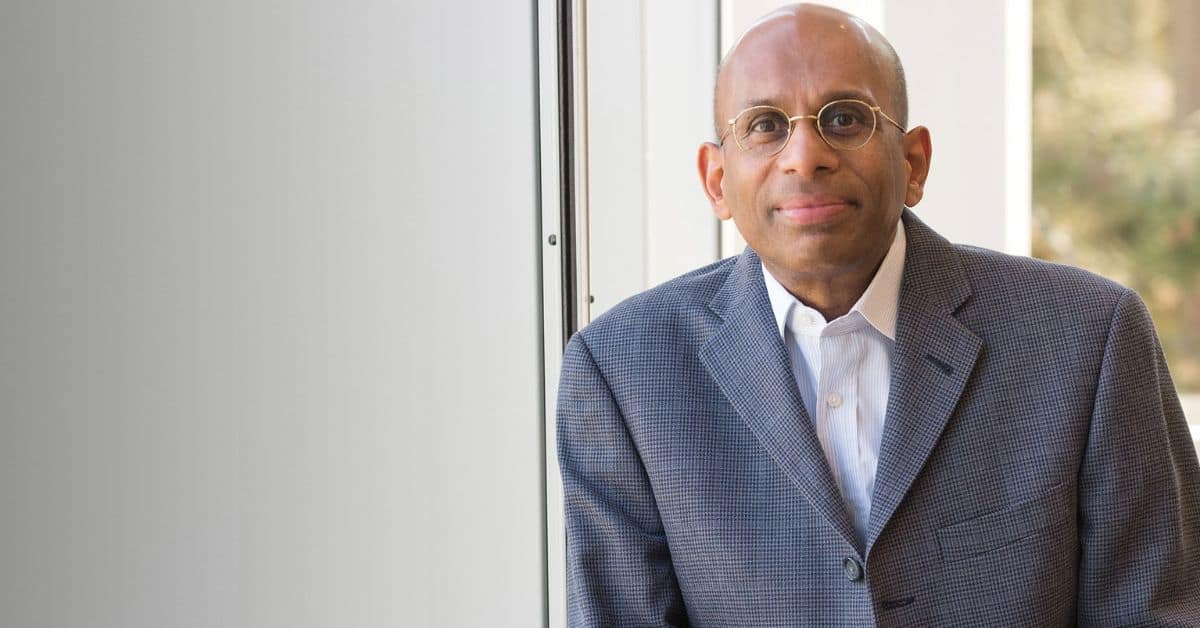Davos, Switzerland— A multi-plural world that embraces diversity and contradictions is crucial for peaceful coexistence free of conflicts, Subramanian Rangan, INSEAD Professor of Strategy and Management, told TRENDS during the Davos Summit 2023 in an exclusive interview.
“I worry that conflict will get us before climate, and I think we need much more respect and much more plurality for the world. It’s not only going to be a multipolar world, it’s going to be a multi plural world. There may be disagreements but only by reaching out and making it clear that we may disagree on our policies even disagree on our goals, but we should not disagree that each life is an important one and is worth caring for,” he said.
Excerpts:
Please provide some background about yourself?
I’m a professor at INSEAD and have been teaching there for over 25 years. I grew up in India, studied in the US, and have been living in France for the past 25 years. I teach strategy and focus on studying how the business paradigm is evolving to ensure that the 21st century is both prosperous and inclusive.
In terms of strategy, there has been a significant disruption due to technology and geopolitics. How do you propose businesses come up with more effective strategies?
The goal of business has expanded beyond economic performance to also include positive impact. This has implications for strategy, operations, and governance – the three main platforms for delivering performance. To deliver progress, businesses need to revise and improve these platforms by considering the kind of business models, products, markets, supply chain, and incentive designs they have. The keyword for this century will be integration – how can businesses integrate income and impact, market and society, present and future, money and meaning, humanity and nature? This requires not just competence, but also character, which means caring, commitment, and courage. Business schools are now focused on developing this kind of leadership training. Abu Dhabi and the UAE are already moving towards this integration between being modern and being moral by investing in family and community. In the 21st century, work needs to become family and community centric.
What concerns you the most in the current geopolitical and economic scenario around the world?
I worry that conflict will escalate before we can address climate change, and we need more respect and plurality for the world. We need to embrace diversity and contradictions and focus on the people first, regardless of their nationality or ethnicity.
Do you think we are living in a more polarized world due to algorithms and social media?
It’s not just algorithms that are to blame; education is also responsible. We need better education on how to use technology responsibly, just as we need a driver’s license to use a car. Countries like Finland show that algorithms don’t necessarily lead to polarization.
What are your thoughts on Davos Summit held earlier this year?
I think Davos Summit is a great cultural platform for the moral evolution of humanity. It’s a diverse community of humans from different sectors and segments that gets more connected every year. This year’s summit was wonderful and important.

